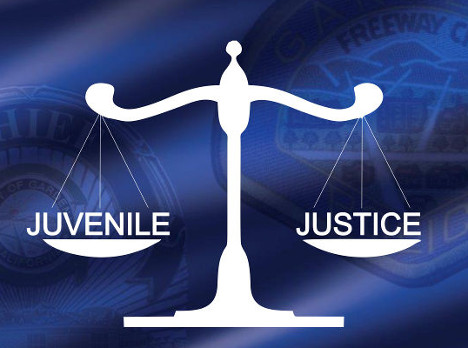 Mission Statement
Mission Statement
To educate, support, and improve the lives of at-risk youth to become productive and contributing members of society.
Guiding Framework
Research used to construct this program suggests that multiple variables have the potential to contribute to juvenile delinquency, ranging from individual and peers to family, school, and neighborhood factors. The successful diversion of youth away from a life of continued crime requires identifying the problem areas contributing to delinquency and finding ways to remedy them.
GJJIP focuses on four facets as a means for reducing the likelihood that youth will engage in future crime:
- Case Management: Case management lasting up to six (6) months is guided by initial and ongoing assessments, regular meetings, and use of evidence-based interactive procedures.
- Education: Youth will attend a workshop, Life Skills Training, oriented around building development-critical skills that help them make better decisions in everyday situations. Youth will also attend writing workshops aimed at helping them reflect on their lives and the choices they are making which has led being in our program.
- Sanction: Youth will be required to participate in a sanction that includes a fine, community service, and/or restorative justice.
- Referral: Youth and their caregivers will be referred to outside agencies in order to address issues potentially contributing to youth’s situations.
Evidence-Based Practices
GJJIP is guided by and utilizes the following evidence-based frameworks and techniques in order to effectively work with youth:
- Motivational Interviewing
- Life Skills Training
- Validated and Reliable Risk Assessment
- Brief Solutions-Focused Counseling
- The Child and Adolescent Functioning Assessment Scale (CAFAS)
- Evidence-Based Case Management Framework
Eligibility
Youth that are residents of Gardena or who attend a Gardena school are eligible to participate in the program. Additionally, youth should be 11 – 17 years of age, and have been either cited for a minor crime or have behaviors, attitudes, or other life situations that a parent, guardian or relative feel should receive additional attention.
CONTACT US
- GARDENA POLICE DEPARTMENT
- 16206 S. Western Ave. Suite E
Gardena, CA 90248
310-965-8899 - GJJIP@cityofgardena.org


